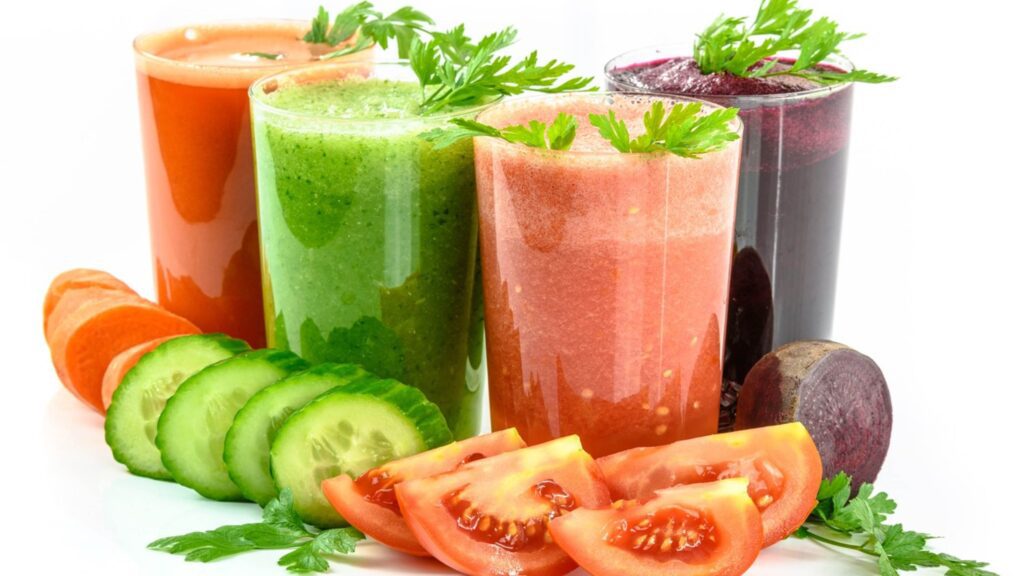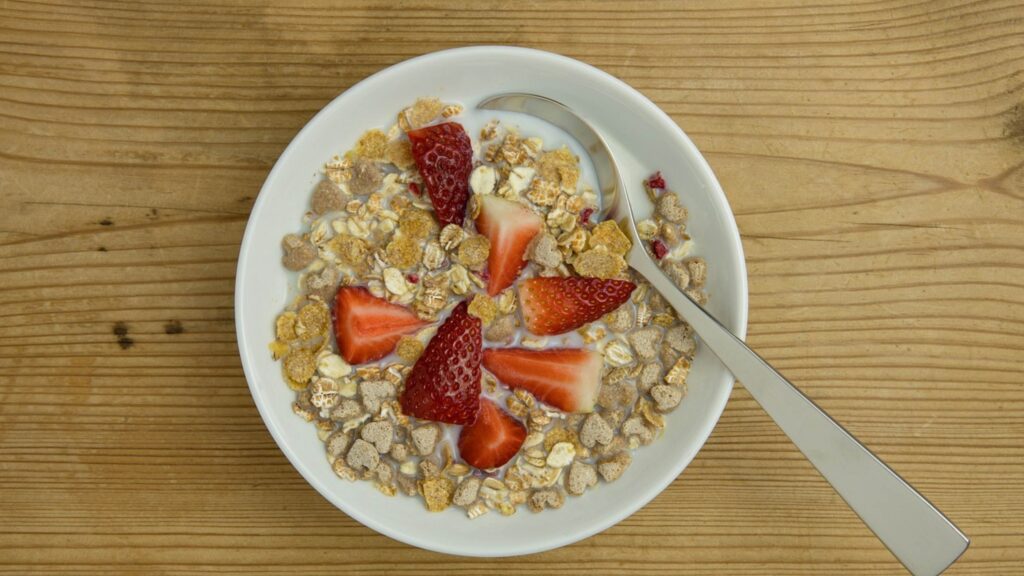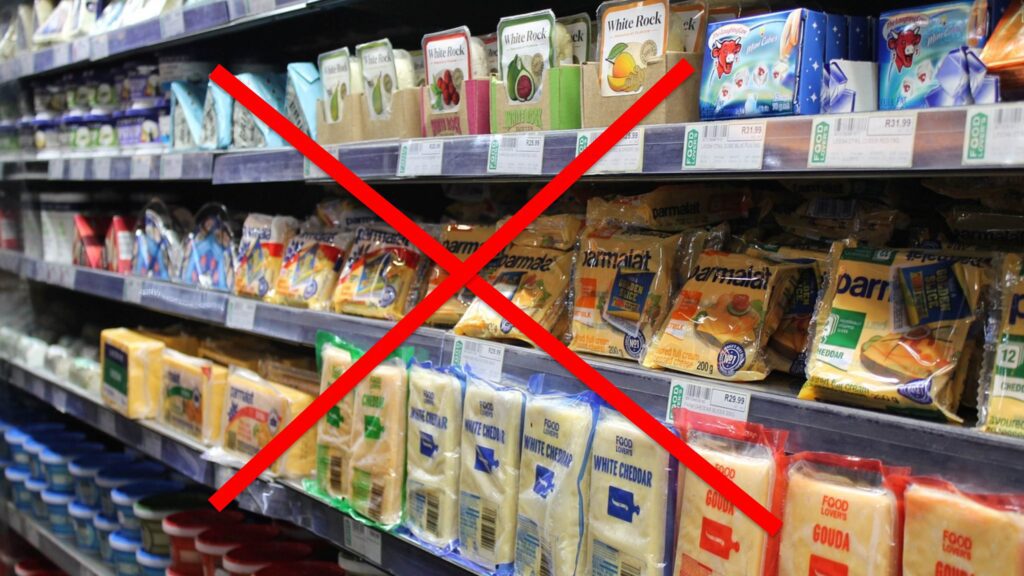Pregnancy is a transformative and critical time for both the mother and the developing fetus. During this time, the developing fetus is particularly vulnerable to various environmental factors, including exposure to harmful chemicals. It is well-established that exposure to certain chemicals during pregnancy can adversely affect maternal and fetal health. Therefore, it is important to maintain a healthy diet during this time to ensure the best possible outcomes for both. Moreover, a recent study conducted in Japan has found that a high-quality diet during pregnancy reduces exposure to heavy metals. This article explores the nutritional strategies for minimizing toxicant exposure during pregnancy.

Toxicant exposure during pregnancy
Pregnancy is a period of significant vulnerability, where a mother’s choices and lifestyle can impact the developing fetus. Among the factors that require special attention is toxicant exposure. Toxicants, including environmental pollutants, pesticides, and heavy metals, can have adverse effects on the health of both the mother and the unborn child including birth defects, development delays, preterm birth, chronic health effects, etc. To mitigate these risks, nutritional strategies play a pivotal role.
A recent study, published in the Journal of Environmental Research, examined the relationship between periconceptional diet quality and blood heavy metal concentrations among pregnant women in Japan. It is important to note that heavy metal exposure during pregnancy can have severe consequences for both the mother and the developing fetus. For example, methylmercury has been linked to developmental delays and cognitive deficits in children. Lead exposure can cause miscarriage, stillbirth, and developmental delays, while cadmium exposure has been linked to low birth weight and preterm birth. The study found that women who consume more fruits and vegetables, whole grains, lean proteins, saturated and trans fats, and sodium had lower concentrations of heavy metals such as Hg, Pb, and Cd in their blood. This suggests that healthy nutritional strategies can help in minimizing toxicant exposure during pregnancy.
High-quality diet during pregnancy
Proper nutrition during pregnancy is essential for the growth and development of the fetus. A well-balanced diet that includes a variety of foods from all food groups ensures you get a wide range of essential nutrients. It can also help the mother’s body detoxify and eliminate harmful substances. Hippocrates, nearly 2,500 years ago, famously said, “Let food be thy medicine and medicine be thy food.” Here are some key nutritional strategies:
1. Choose Organic Foods

Organic produce is often grown with fewer pesticides and chemicals, which limits exposure to toxicants. Choosing organic fruits and vegetables can help reduce exposure to toxic pesticides and hormones. Additionally, organic foods often contain higher levels of antioxidants, which can aid in detoxification and reduce the impact of toxins in the body, further safeguarding the health of both the mother and the developing fetus. A recent research investigation has revealed a notable reduction in the presence of pesticides in urine among individuals who have incorporated organic foods into their diets.
2. Adequate Hydration

Staying well-hydrated is crucial for toxin elimination. Drinking clean water helps flush toxins out of the body. Water facilitates the transport of waste products and toxins out of the body through urine. Moreover, staying well-hydrated ensures that the liver, the body’s primary detoxification organ, can effectively metabolize and eliminate toxins. Additionally, water is essential for maintaining healthy blood circulation, which aids in transporting toxins to the organs responsible for their elimination. In essence, proper hydration optimizes the body’s detoxification mechanisms, helping to reduce the overall burden of toxins, and supporting overall health and well-being.
3. Folate-rich Foods

Folate is vital for fetal development and plays a role in detoxifying certain compounds. Leafy greens, beans, lentils, and fortified cereals are excellent sources. Folate, a B vitamin essential for DNA synthesis and repair, is particularly important for pregnant women as it supports the body’s natural detoxification processes. Folate aids in the methylation process, which is crucial for neutralizing and eliminating toxins, such as homocysteine, from the body. By donating a methyl group, folate helps convert homocysteine into methionine, a less toxic compound. This mechanism enhances the body’s capacity to process and eliminate toxins, safeguarding the health of both the expectant mother and the developing fetus. Consequently, the consumption of folate-rich foods is a pivotal nutritional strategy for reducing the burden of toxins during pregnancy.
4. Antioxidant-rich Foods

Antioxidants protect the body from oxidative stress caused by toxicants. Berries, citrus fruits, nuts, and green tea are rich in antioxidants. Essential antioxidants, such as vitamins C and E, help the body neutralize harmful free radicals and support detoxification processes. These antioxidants can reduce the impact of chemical exposure. Therefore, balanced nutritional strategies based on requirements can help in minimizing toxicant exposure during pregnancy. However, an overdose of antioxidant vitamin supplementation may lead to unintended consequences, including the promotion of tumour growth.
4. Omega-3 Fatty Acids

These fats are vital for brain development and can help counteract the effects of some toxicants. Sources include salmon, flaxseeds, and walnuts. These essential fatty acids have anti-inflammatory properties that counteract the effects of toxins in the body. Inflammation is often a response to toxicant exposure, and omega-3 fatty acids help regulate the body’s inflammatory processes, thereby reducing the harm caused by toxins. Additionally, Omega-3 fatty acids support the body’s natural detoxification pathways by enhancing liver function, a key organ in processing and eliminating toxins. Moreover, they help maintain cell membrane integrity, which is crucial for cellular defence against toxic substances. Overall, the consumption of omega-3-rich foods during pregnancy is a valuable nutritional strategy for mitigating the impact of toxins on both the mother and the developing fetus.
5. Cook Safely

Cooking food thoroughly at the appropriate temperature kills harmful bacteria, parasites, and pathogens that can cause foodborne illnesses. By eliminating these pathogens, the risk of infection and the associated toxins entering the body are significantly reduced. Furthermore, cooking can break down or deactivate certain harmful substances in food, such as lectins or anti-nutrients, making the nutrients more accessible for absorption and preventing potential toxic reactions in the digestive system. This essential food safety practice ensures that expectant mothers and their developing fetuses are shielded from the dangers of foodborne toxins, thereby promoting a healthy and safe pregnancy.
6. Fibre for Elimination

High-fibre foods like whole grains, legumes, and vegetables help the body eliminate toxins through the digestive system. Soluble fibre binds to toxins and cholesterol in the gastrointestinal tract, preventing their absorption into the bloodstream and facilitating their elimination from the body. Moreover, insoluble fibre adds bulk to the stool, supporting regular bowel movements and efficient removal of waste and toxins. Additionally, a high-fibre diet fosters a healthy gut microbiome, which plays a vital role in detoxification processes. Further, it helps in breaking down and neutralizing toxins. By improving digestion and toxin elimination, high-fibre foods contribute to a safer and healthier pregnancy for both the mother and the developing fetus.
8. Avoiding Processed Foods

Many processed foods contain additives, preservatives, artificial colours, and flavours, as well as high levels of sodium, sugar, and unhealthy fats. These substances can create a toxic burden on the body. For instance, artificial additives may be metabolized into harmful compounds, placing stress on the liver and other detoxification organs. Excessive sodium intake can lead to water retention, impacting the body’s ability to flush out toxins. Moreover, processed foods often lack essential nutrients and fibre, hindering the body’s natural detoxification processes. Inadequate nutrition can compromise the liver’s ability to metabolize and neutralize toxins, further increasing their presence in the body. Ultimately, a diet rich in processed foods can lead to a higher accumulation of toxins. This may pose risks to both the expectant mother and the developing fetus.
Incorporating these nutritional strategies into your pregnancy can help protect you and your developing child by minimizing toxicants. In addition to maintaining a healthy diet, we can also take other steps to reduce their exposure to harmful chemicals. This includes avoiding certain types of fish that are high in mercury, such as shark, swordfish, and king mackerel. It also means avoiding exposure to lead-based paint and other sources of lead, such as contaminated soil and water.
Conclusion
Pregnant women have a unique opportunity to influence the health and well-being of their developing babies by making informed dietary choices. A high-quality balanced diet, rich in essential nutrients and antioxidants, can protect against harmful chemical exposure. By reducing the absorption and impact of these chemicals, mothers can promote healthier pregnancies. In addition, mitigate potential risks to their children’s long-term health. Therefore, balanced nutritional strategies based on the requirements of pregnant women can help in minimizing toxicant exposure.
While a healthy diet is a crucial step in reducing chemical exposure, it is also essential for expectant mothers to be mindful of their overall environment. Minimize environmental toxins, embrace a healthy diet, and make informed choices for a safer, healthier pregnancy.

